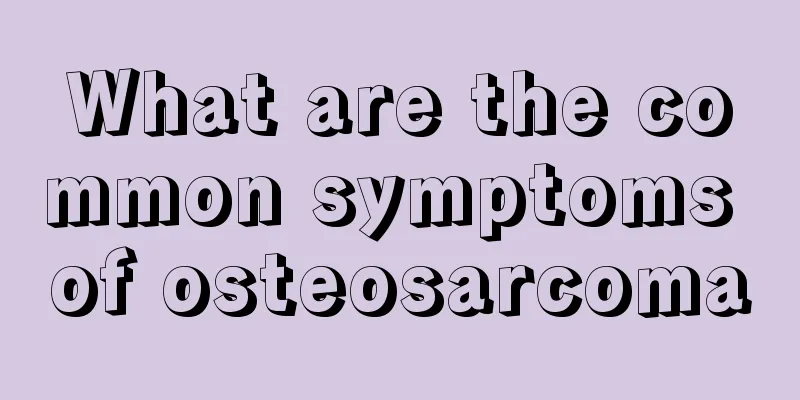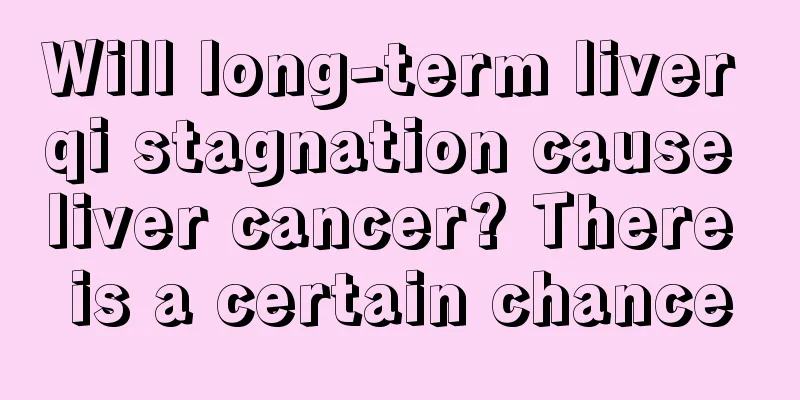Do you know the three major triggering factors of allergic eczema?

|
Allergic eczema is a common skin disease, which is very harmful to patients and often causes symptoms of severe pain and itching. There are many causes of allergies and eczema. The most important ones are three factors, including genetic factors, environmental factors, and protein allergy factors. In daily life, patients must strengthen prevention work related to environmental factors and protein allergy factors. 1. Genetic factors Infant eczema is the infancy manifestation of atopic dermatitis. Atopic dermatitis is also called atopic dermatitis, atopic eczema, hereditary allergic dermatitis, hereditary allergic eczema, etc., which is related to hereditary allergic constitution. If parents have allergic diseases such as asthma, urticaria, allergic rhinitis, etc., the child will have immunological abnormalities. The IgE content in the plasma of children with eczema is several to dozens of times higher than that of normal babies, which is determined by genetic genes. 2. Environmental factors Eczema may be caused by long-term exposure to sunlight, or by damp or dry skin. Sometimes, if the patient scratches the skin violently or rubs it severely, it will cause this more serious disease. In addition, indoor temperature and humidity have a certain impact on the incidence of infant eczema. 3. Protein allergy A high-protein diet may be an external pathogenic factor that triggers infantile eczema. Among the mothers of children with eczema, 92.7% paid great attention to nutrition during pregnancy, mainly eating high-protein foods such as chicken, duck, fish, shrimp, etc. Some like to eat spicy and other irritating foods. In addition, some breastfeeding mothers mainly feed on eggs, beef, mutton, etc. in order to improve nutrition. Breastfeeding mothers who eat spicy and other irritating foods and seafood products may also aggravate their children's eczema. Antihistamines and sedatives are commonly used to relieve itching. In the acute phase, calcium, vitamin C, sodium thiosulfate can be injected intravenously, or procaine can be used for intravenous blockade. For patients with acute generalized eczema who have not responded to multiple therapies, short-term use of corticosteroids may be considered. Once the acute symptoms are under control, the dosage should be reduced or withdrawn as appropriate to prevent adverse reactions caused by long-term use of hormones. If there is infection, appropriate antibiotics should be considered. |
>>: What is the most effective treatment for onychomycosis?
Recommend
What causes testicular cancer
Today's society is developing rapidly, and pe...
What are the ways to relieve stress
In today's life, the competition between peop...
Colorectal cancer rehabilitation exercise method
Colorectal cancer patients, due to the lower posi...
What is the reason for the peeling of hands in winter
Every winter, the climate becomes relatively dry ...
What factors may induce liver cancer? To prevent liver cancer, you should avoid eating four things
More than 50% of liver cancer is caused by hepati...
Methods of scraping
The method of scraping is very particular. Scrapi...
Can a routine gynecological examination detect ovarian tumors?
Ovarian tumors refer to tumors that occur on the ...
What causes breast swelling and pain?
Breast swelling and pain is one of the common bre...
The child can't walk at 15 months
Everyone knows that under normal circumstances, b...
Recommended treatment methods for fibroids
Many patients with fibroids don’t know what to do...
The following symptoms will appear in the middle stage of esophageal cancer
Esophageal cancer is divided into early, middle a...
Why does water ooze out after a burn
In our daily life, we often encounter burns. Seve...
How long can black bean vinegar hair dye last
Due to the influence of various factors, many peo...
Prevent gastric cancer from your diet and daily life!
The occurrence of gastric cancer is the result of...









